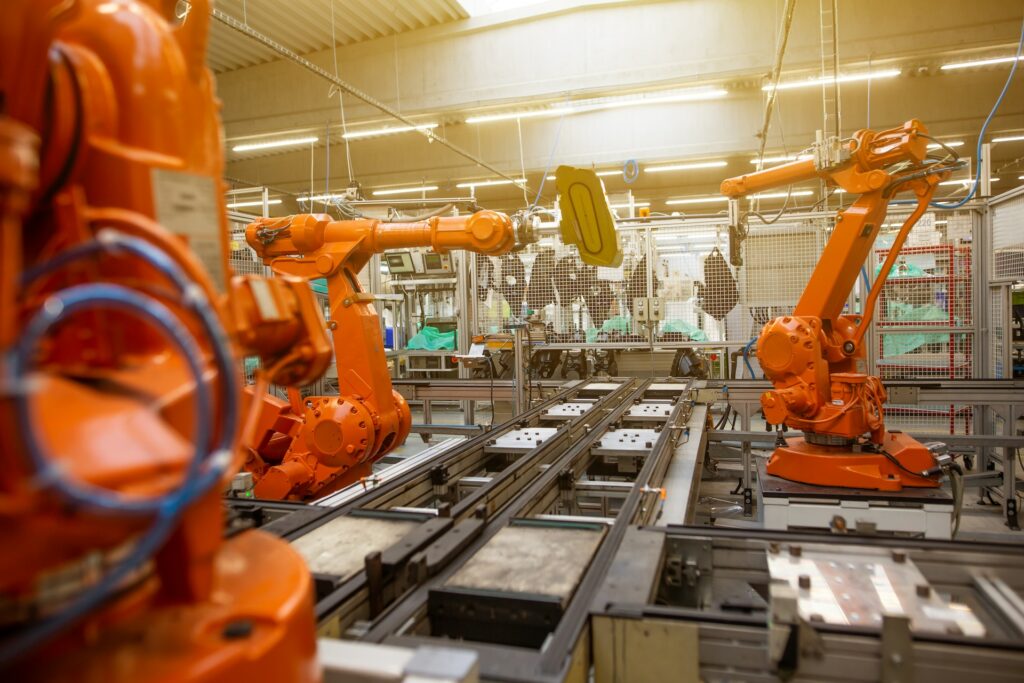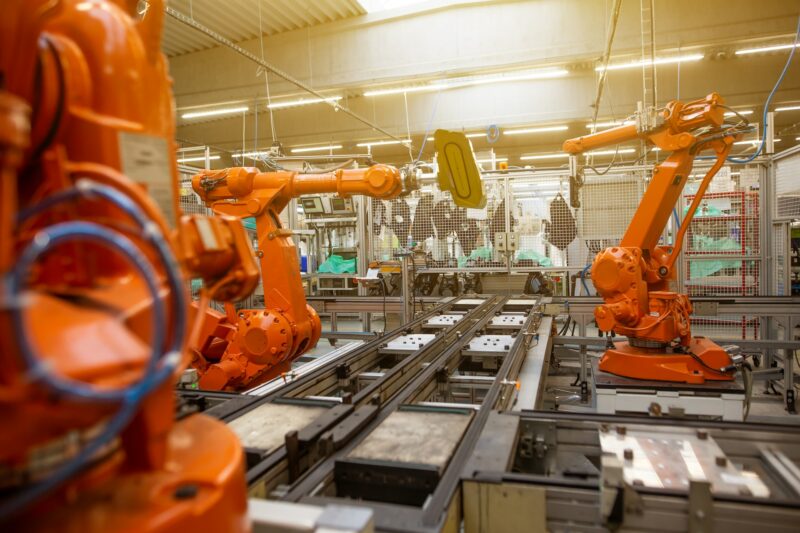On Friday, the United Auto Workers union began a massive labor movement, initiating strikes across three major automobile factories run by General Motors, Ford, and the Chrysler parent company, Stellantis. This marks the most widespread industrial labor movement seen in the U.S. in many years.

Production of popular vehicle models like the Ford Bronco, Jeep Wrangler, and Chevrolet Colorado pickup truck will be put on hold due to the strike – with financial impacts that will likely hit the stocks of all three of the firms.
Widespread Criticism
Stellantis voiced their disappointment, stating they were taken aback by the reluctance of the UAW leadership to engage in meaningful discussions. They emphasized that they have initiated contingency measures and will make necessary structural changes to safeguard their operations in North America.
In contrast, Elissa Slotkin, US. Rep in Michigan, expressed her full support for the UAW workers, emphasizing the significance of hard work leading to a fulfilling life. She mentioned the legislative efforts over the past two years to encourage American manufacturing. Slotkin, with experience in international negotiations, urged both parties to find common ground swiftly for the well-being of Michigan’s economy.
Broad Consequences For Affected Firms And The Economy
Jay Timmons, President of the National Association of Manufacturers was concerned, however, and highlighted the broader economic consequences of the strike, especially outside of Detroit.
He emphasized that small and mid-sized manufacturers across the U.S., regardless of their union affiliations, would bear the brunt of this strike. With families already grappling with near-record inflation, he called for a prompt resolution.
Also of Michigan, Senator Stabenow celebrated autoworkers as the linchpin of the automotive industry and praised their pivotal role in fortifying the middle class and the broader economy. She conveyed her staunch support for the UAW.
A Message From The President?
While President Biden offered a robust message of support for the UAW workers, he refrained from openly backing their decision to strike. Citing the auto industry’s record profits, Biden emphasized the need for equitable profit-sharing with employees. The president’s stance underscores his commitment to maintaining a balance between supporting the labor movement and ensuring the nation’s economic health. The UAW’s impending endorsement for Biden’s re-election adds another layer to this complex situation.
Thinking About The Numbers
Recent data reveals that approximately 9% of the 145,000 union members of the UAW initiated the strike. The core issues revolve around wages. $32.32 is the average hourly wage for the majority of UAW members at the big three (GM, Ford, and Stellantis).
That said, $18 is the entry-level wage for a UAW worker and $15 is the starting wage for temporary workers. It’s worth noting that these figures haven’t been adjusted for the inflation experienced over the past couple of years.
The Broader Implications
This industrial action isn’t just a standalone event. It heralds a potential turning point for both the union and the trajectory of the American auto sector, especially during a time when there’s a massive shift from conventional vehicles to electric ones.
The strike’s extended impact could raise vehicle prices, adding more strain to an economy already grappling with inflation. The larger labor movement will undoubtedly be observing closely, with Liz Shuler, the president of the AFL-CIO, remarking on the global significance of this strike.
The UAW’s strategy seems to be evolving. Under the leadership of its new president, Shawn Fain, the union has chosen a targeted approach for its strikes. This tactic is aimed at achieving a 36% wage increase over a four-year span, with the auto companies currently offering significantly less.
In the end, as the workers and automakers continue to negotiate, it’s clear that the outcome of this strike will have lasting implications for the automotive industry, the labor movement, and the U.S. economy at large.
WeInvests is a financial portal-based research agency. We do our utmost best to offer reliable and unbiased information about crypto, finance, trading and stocks. However, we do not offer financial advice and users should always carry out their own research.
Read More













